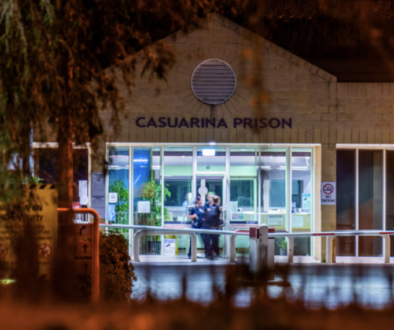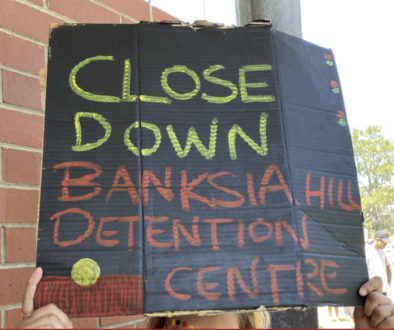Cleveland Dodd inquest: Tears as former Justice Department boss apologises to mum for teen’s death
Key points:
-
The former head of the Department of Justice has admitted massive failings in youth detention over the past two years, conceding it acted unlawfully.
- Dr Tomison accepted there was “quite a bit” of fair criticism of how youth detention was run under his watch.
- Cleveland’s aunt, Bonnie Mippy, said Dr Tomison’s apology was not accepted.
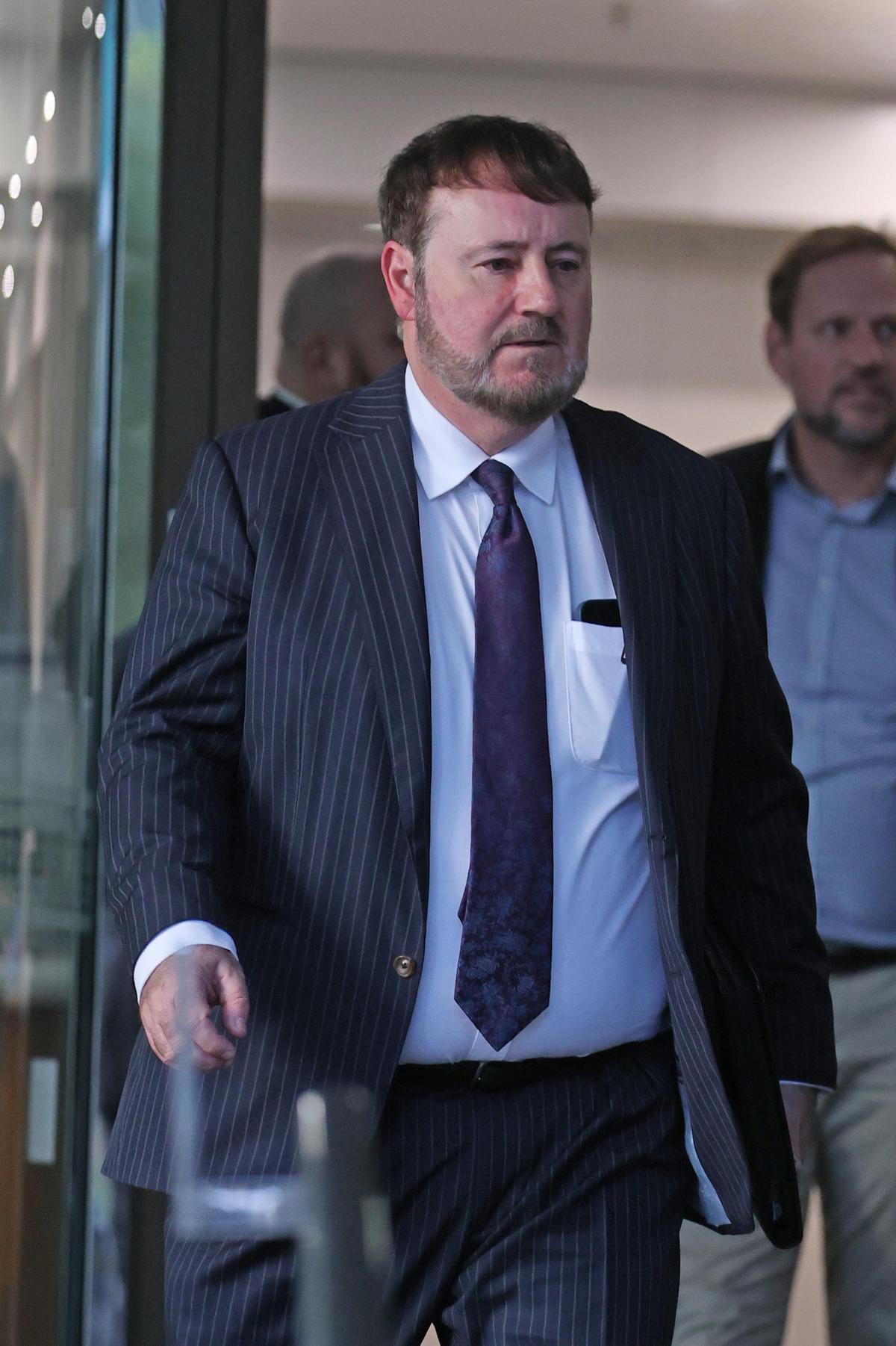
The former head of the Department of Justice has admitted massive failings in youth detention over the past two years, conceding it acted unlawfully.
On a day in which he apologised to the mother of Cleveland Dodd, former director-general Adam Tomison told the teenager’s inquest that his suicide was a “certainly traumatic” time that contributed to a “build up of pressure for seven years” that prompted Dr Tomison to quit.
He insisted the decision to go was his alone and addressed Nadene Dodd, who he admitted he did not meet after the 16-year-old’s death, as she sat in the public gallery.
“I’m truly sorry about what happened with Cleveland,” Dr Tomison said.
“The department and I failed you. I’m sorry about that.”
Ms Dodd and other family members wept as the comments were made and outside court, Cleveland’s aunt, Bonnie Mippy, said Dr Tomison’s apology was not accepted.
“He could have changed a lot of things. He was the boss,” Ms Mippy said. “We’re not getting him back. Sorry is too late.”
Suicide prevention advocate Meagan Krakouer said Cleveland had spent 86 days at the notorious Unit 18 youth wing inside the maximum security adult Casuarina Prison. On 75 of those days, he was in his cell for 22 hours.
Dr Tomison accepted there was “quite a bit” of fair criticism of how youth detention was run under his watch.
He also accepted that Cleveland’s death was preventable and had paper the boy stuck over the camera in his cell been removed, staff in the control room would have intervened in the early hours of October 12 last year.
Staffing had fallen below acceptable levels and lockdowns “were being overused”, Dr Tomison admitted. He accepted that was unlawful, as defined by two Supreme Court rulings in August 2022 and July 2023.
“The operational response took some time, longer than it should have,” Dr Tomison said.
After the second ruling was handed down, the department “was acting lawfully in the vast majority of cases”, Dr Tomison said.
But he agreed with counsel assisting the coroner Anthony Crocker that the use of confinement orders was excessive.
“Some of the reasons were justified but the total number of orders, I think, is unreasonable,” Dr Tomison said, admitting there were instances where detainees did not get at least an hour out of their cell each day.
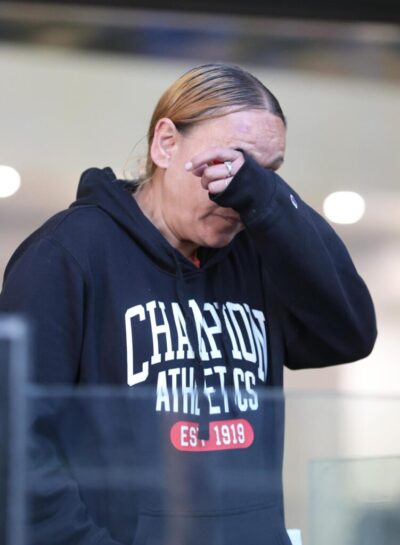
Mr Crocker accused Dr Tomison and the department of being “asleep at the wheel”, saying the staffing problems didn’t happen overnight.
But Dr Tomison denied too little was done to try to fix them, although he admitted “it certainly started too late”.
He conceded that more training for staff on how to deal with children with complex behaviours was needed.
“I do think we could have done better,” Dr Tomison said.
Earlier, retired Children’s Court president Denis Reynolds called for the immediate closure of Unit 18 and the banning of solitary confinement in youth detention, saying a self-inflicted death was an inevitable outcome from such treatment.
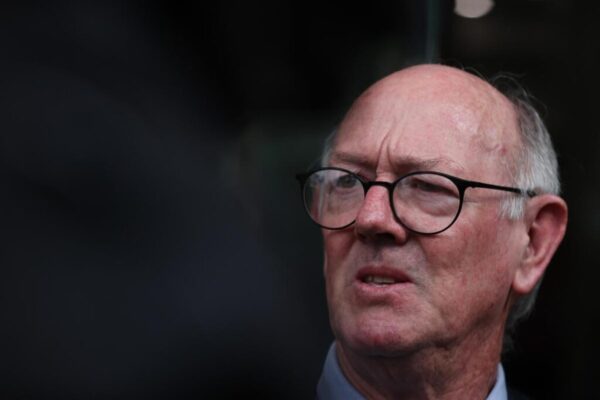
Cleveland was the first recorded fatality of a child in custody in WA’s history.
While the inquest has heard out-of-cell hours at Banksia Hill and its grim spin-off Unit 18 have improved in recent months, Mr Reynolds — one of Australia’s longest serving judicial officers — said that came off a “very, very low base”.
Inspector of Custodial Services Eamon Ryan revealed on Tuesday that the unit had just nine detainees out of the State’s juvenile detention population of 65.
The Department of Justice and State Government insists the separate unit is needed to house Banksia Hill’s most disruptive youths, but Mr Reynolds said child offenders were no worse now than when he decided their fates.
“They’re exactly the same as the children back in 2004 when I first started,” Mr Reynolds told reporters outside court.
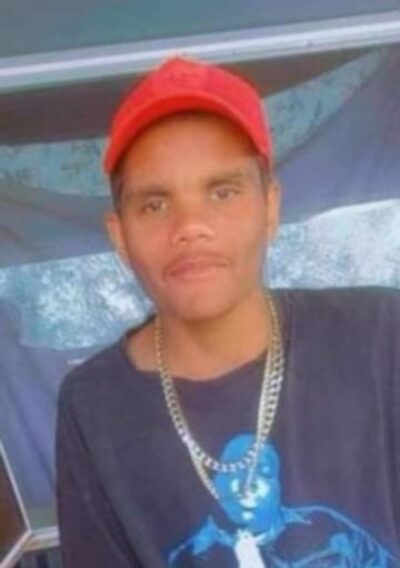
Accordingly, Unit 18 was completely unnecessary and plans to build a new version should be abandoned, he said.
“This is all about … how children are treated in detention. And what I’ve been saying is that they’ve been treated unlawfully and inhumanely.
“And there’s only nine of them.
“They’re saying that a facility that accommodated over 200 children back in 2013 (Banksia Hill) now can’t facilitate 65 children — when the staff numbers are such that there could be a one-to-one or even greater ratio in respect of those children.
“They can go back immediately.”
Not only was there capacity, but there had been plenty of time to repair infrastructure after a massive riot in May last year caused $22 million damage, Mr Reynolds said.
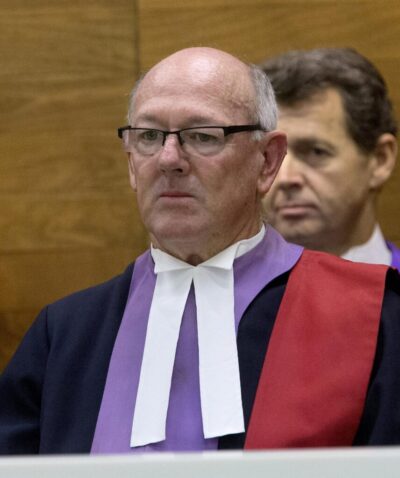
Greens Upper House MP Brad Pettitt made similar calls.
“With these very low numbers of young people held in both Banksia and Unit 18, I can’t see how the WA Government can justify keeping Unit 18 open and building another facility,” he told The West Australian.
Mr Reynolds also said any form of solitary confinement — lengthy or otherwise — should be prohibited in youth detention because it harmed vulnerable children with neurodevelopmental conditions who didn’t understand why they were being locked down.
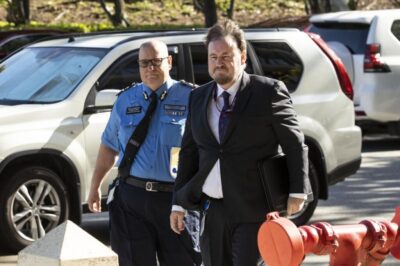
Lifeline 13 11 14
Contact us
Please provide a brief description of your claim.


